Rosemary essential oil has so many great benefits for your hair, skin, and overall health.
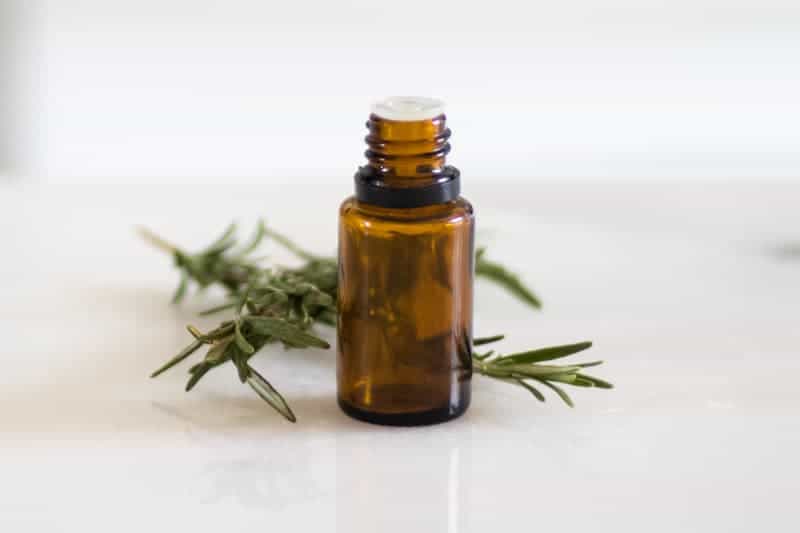
Rosemary essential oil is steam distilled from the leaves of the rosemary plant. It can be used to promote hair growth, cleanse the air, and boost the immune system. Rosemary essential oil is a powerful oil with so many great benefits for overall wellness and can be used in the kitchen to season your favorite dish.
Rosemary is one of those oils that is often overlooked. It is, of course, used as a common kitchen spice but less recognized as an essential oil.
After reading this post, I have a feeling rosemary may become a must-have essential oil and one that you want to use daily. It is definitely one that I grab out of my oil arsenal often!
PIN IT FOR LATER
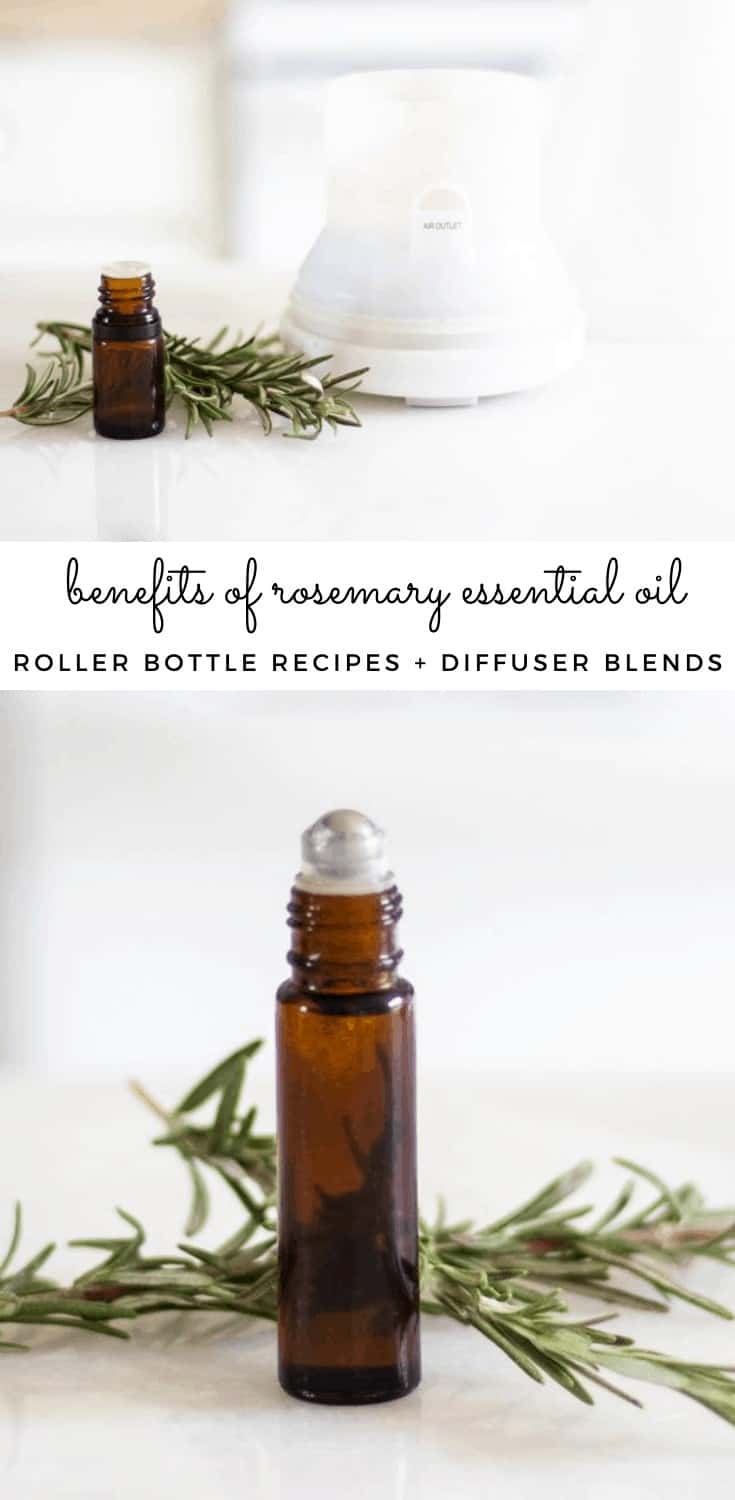
BENEFITS OF ROSEMARY OIL FOR HAIR
One of the most popular and well-known ways to use rosemary essential oil is for hair. It can help promote hair growth and strengthen the hair.
When used in a hair serum or homemade shampoo, rosemary oil can reduce hair loss and protect the scalp against dandruff. Studies have shown that when it is used on the scalp, it can strengthen circulation.
Rosemary can help hair follicles to maintain a healthy blood supply, which leads to hair growth and prevents thinning. It helps to treat dry hair as well as overly oily hair and can help prevent split ends. Rosemary is my favorite oil to add to my natural hair care products, such as hair growth spray, leave-in conditioner, and shampoo bars.
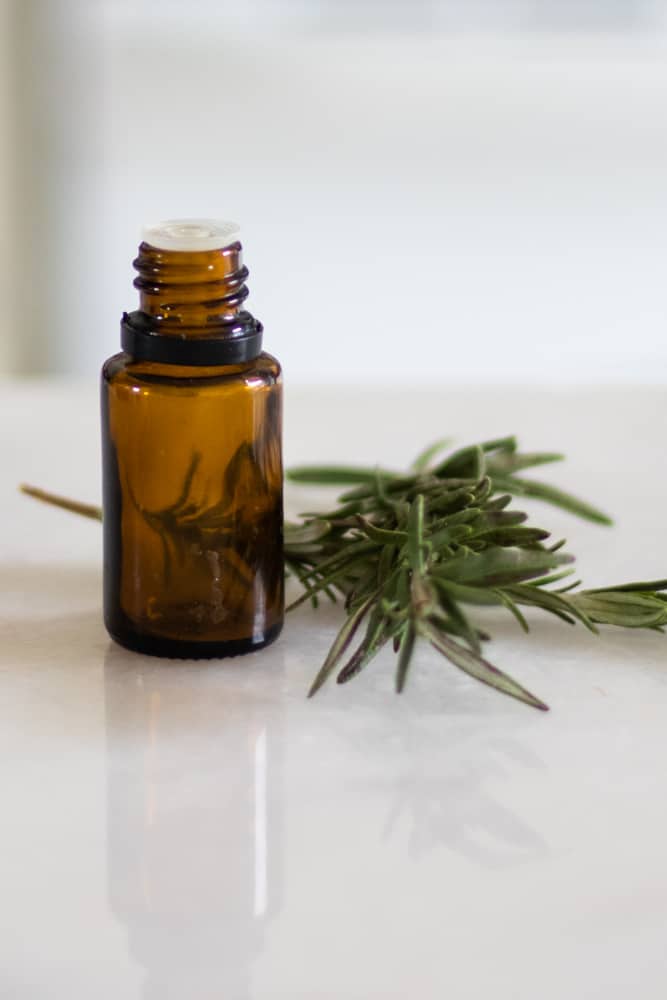
ROSEMARY FOR SKIN
This essential oil has many benefits for the skin, too, as it has cleansing and purifying properties. It can be used to hydrate the skin, control oil production and reduce skin imperfections.
Rosemary can be very helpful for acne and can be used as a spot treatment. Dilute one drop of rosemary essential oil in 10 drops of a carrier oil and apply to the area of concern. Use this remedy often until the blemish goes away.
Rosemary essential oil can be used to reduce cellulite and other skin imperfections when used topically on the skin. Always dilute in a carrier oil before applying to the skin; make it into a roller bottle for easy application.
ROSEMARY ESSENTIAL OIL: HOW TO USE IT
Rosemary essential oil can be used aromatically, topically, and internally.
This post contains affiliate links, which means I make a small commission at no extra cost to you. Get my full disclosure HERE.
AROMATIC USE
Rosemary is one of my favorite essential oils to diffuse to purify the air. It works great at covering up smells and leaves a fresh aroma. On your next cleaning day, try diffusing rosemary and lemon together. It is the best blend!
For aromatic use, add 4-6 drops of rosemary essential oil to a diffuser. Or make a room spray to mist into the air. You can also get aromatic benefits by inhaling the aroma of rosemary straight from the bottle.
Inhaling rosemary oil can help with focus, memory, and boost your energy naturally.
ROSEMARY ESSENTIAL OIL DIFFUSER BLENDS
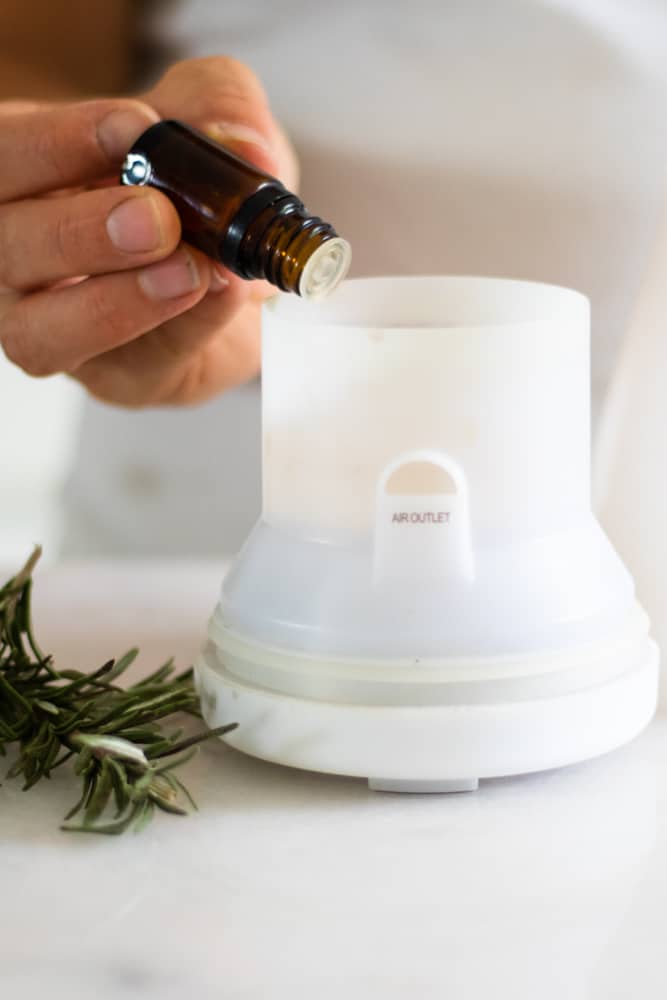
CLEAN KITCHEN
4 drops lemon
4 drops rosemary
BE ALERT
2 drops peppermint
2 drops rosemary
2 drops wild orange
PURIFY THE AIR
2 drops lemon
2 drops rosemary
2 drops lime
TOPICAL USE
Rosemary essential oil should always be diluted before being used topically. Essential oils are very concentrated, and a little goes a long way.
For topically use, dilute 10 drops of rosemary essential oil in 1/4 cup of a carrier oil. To make a roller bottle add 15-20 drops of rosemary essential oil to a 10mL roller bottle and top off with a carrier oil.
Rosemary oil can be applied topically to the chest to promote healthy breathing, rubbed on sore muscles and joints to relieve discomfort, or used on the skin to reduce blemishes.
ROSEMARY ESSENTIAL OIL ROLLER BOTTLE RECIPES
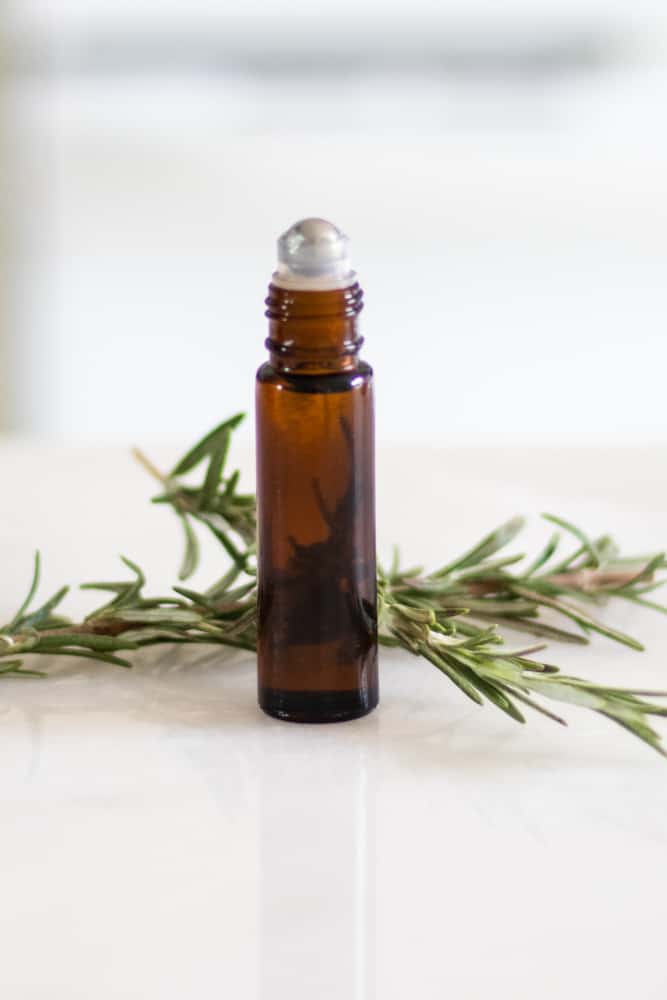
MUSCLE DISCOMFORT
10 drops rosemary
5 drops peppermint
5 drops copaiba
Add essential oils to a 10mL roller bottle and top off with a carrier oil. Apply to area of concern as needed.
CLEAR BREATHING
10 drops eucalyptus
5 drops rosemary
2 drops frankincense
2 drops lime
Add essential oils to a 10mL roller bottle and top off with a carrier oil. Apply to chest, upper back, and bottom of feet to open up airways when congestion.
MOOD SUPPORT
10 drops lavender
5 drops bergamot
2 drops rosemary
2 drops tangerine
Add essential oils to a 10mL roller bottle and top off with a carrier oil. Apply to pulse points to promote positive feelings.
INTERNAL USE
For internal use, be sure to check the label and do your research to make sure it is safe. Certain essential oils are not made for internal use and should be used with caution.
If you have a rosemary essential oil that is safe for internal use, you can use it to season your next Italian dish. Substitute with one drop of rosemary oil for each tablespoon of dried rosemary.
Take rosemary internally by adding one drop to an empty vegetable capsule or one drop to a tablespoon of honey. Taking rosemary internally may help boost the immune system, support a healthy respiratory system, and promote healthy skin and hair.
Always consult with your doctor before taking any essential oils internally.
ROSEMARY ESSENTIAL OIL BENEFITS
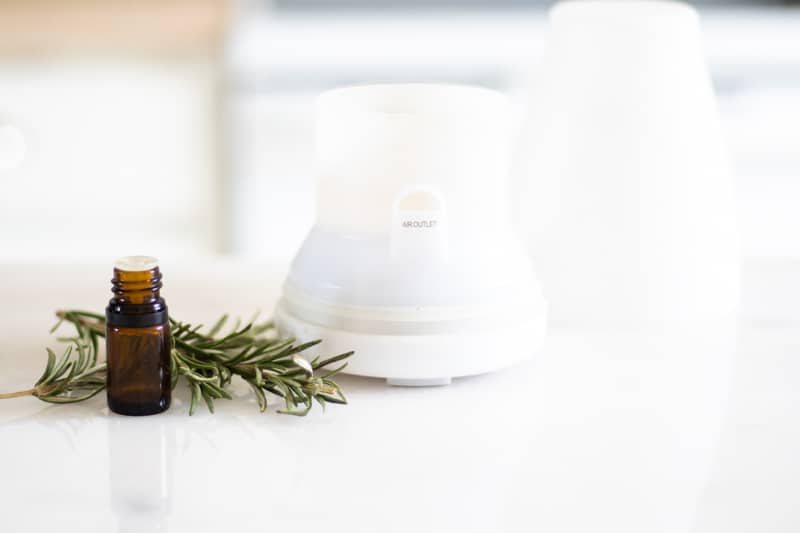
Not only can rosemary essential oil be used for hair, skin, and wellness, it can also be used for cooking and cleaning. Below is a list of benefits you can receive when using rosemary oil:
- Improves respiratory function
- Promotes healthy and clear breathing
- Promotes hair growth and thickness
- Aids memory and focus
- Boosts energy naturally
- Helps with stress and anxious feelings
- Promotes positive feelings
- Relives muscle and joint discomfort
- Reduces skin imperfections
- Helps with jet lag
- Keeps mind clear
- Cleanse surfaces and purifies the air
SUMMARY
- Rosemary essential oil can be used in all three ways: aromatically, topically, and internally.
- It has amazing benefits for hair and skin.
- Rosemary essential oil can be used for cooking and cleaning.
- Always dilute essential oil properly before applying to the skin or taking internally.
Resources
Hair growth: https://www.medicalnewstoday.com/articles/319444#research
Skincare: https://www.ncbi.nlm.nih.gov/pmc/articles/PMC10045493/
Therapeutics: https://www.ncbi.nlm.nih.gov/pmc/articles/PMC7491497/
Respiratory: https://www.ncbi.nlm.nih.gov/pmc/articles/PMC3700080/
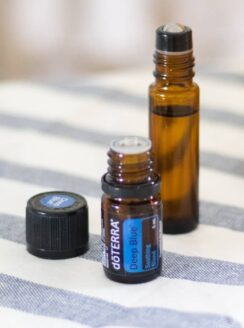
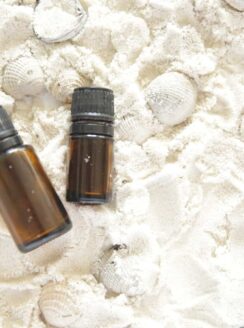
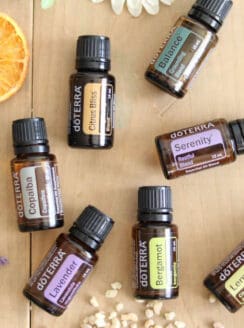
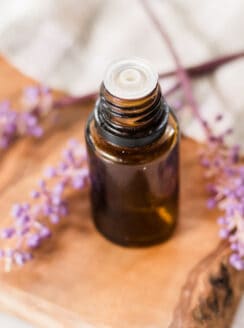
Leave a Comment: